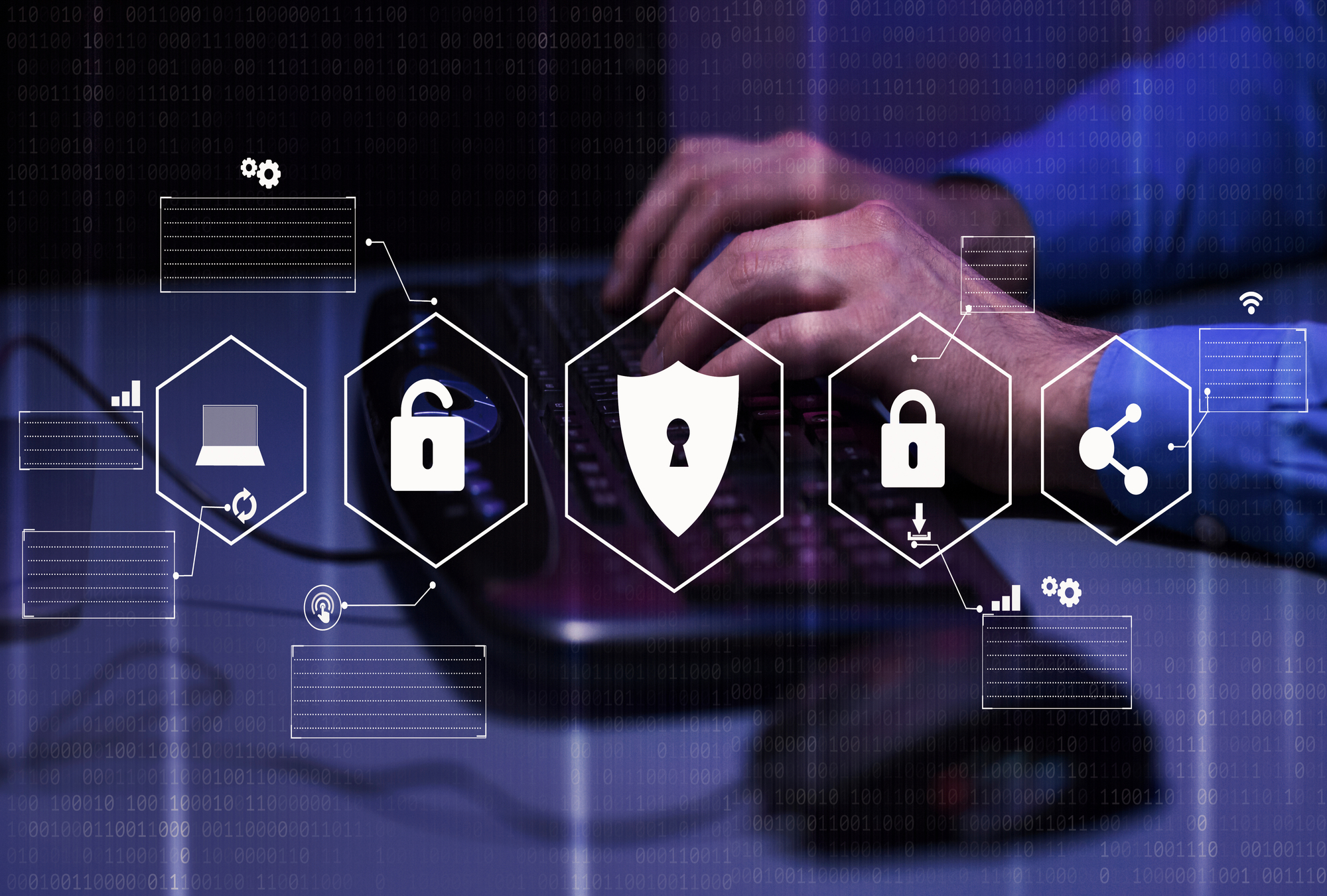
In today’s digital world, cybersecurity is no longer just a concern for large corporations. For small businesses, it’s about more than compliance—it’s about protecting your data and customers. Small businesses are prime targets for cybercriminals because they often lack the same security measures as larger companies. A single security breach can result in financial losses, data theft, and reputational damage, making cybersecurity a critical investment for any small business.
Let’s explore the most common cybersecurity threats and the practical steps you can take to protect your business—keeping both your data and your customers safe.
Common Cybersecurity Threats Facing Small Businesses
Cybercriminals employ various tactics to exploit small businesses, and many business owners underestimate the associated risks. Here are the most common threats:
-
Phishing Attacks
Phishing is one of the most common cyber threats. Hackers send fake emails pretending to be from trusted sources (banks, suppliers, or even employees) to trick you into sharing sensitive information.
Example: An employee receives an email that appears to be from the company’s IT department, requesting that they reset their password. Once they do, hackers gain access to the system.
-
Ransomware Attacks
Ransomware is malicious software that locks your data and demands payment (a ransom) to unlock it. Small businesses are particularly vulnerable because they often lack strong backup systems.
Example: A local retail store loses access to customer payment records and is forced to pay hackers to restore data.
-
Weak Passwords and Credential Theft
Many small businesses use simple, easy-to-guess passwords, making them an easy target for hackers who use automated tools to crack them.
Example: A business owner uses “password123”, and within minutes, hackers gain access to customer payment details.
-
Outdated Software and Unpatched Systems
Using outdated software leaves your business vulnerable to attacks. Cybercriminals exploit security gaps in old software versions to gain access.
Example: A small law firm using an outdated version of Windows experiences a data breach due to unpatched security flaws.
Practical Steps to Protect Your Small Business
The good news is that small businesses can take proactive measures to strengthen cybersecurity. Here’s how:
- Implement Strong Passwords and Multi-Factor Authentication (MFA)
- Use complex passwords (a mix of letters, numbers, and special characters).
- Change passwords regularly and never reuse old ones.
- Enable multi-factor authentication (MFA) for an extra layer of security.
-
Train Employees on Cybersecurity Best Practices
- Conduct regular training to help employees identify phishing attempts.
- Teach employees not to click on suspicious links or download files from unknown sources.
- Set up clear security protocols for handling sensitive information.
-
Keep Software and Systems Updated
- Enable automatic updates for your operating system, browsers, and security software to ensure optimal performance and protection.
- Regularly update firewalls and antivirus programs to block malware.
- Remove any unused software that may pose a security risk.
-
Use Secure Networks and Data Encryption
- Avoid using public Wi-Fi for business activities.
- Use a VPN (Virtual Private Network) to secure online communication.
- Encrypt sensitive files to prevent unauthorised access.
-
Backup Your Data Regularly
- Schedule automatic backups to secure locations (cloud storage or external drives).
- Store backups off-site to protect against ransomware attacks.
- Test your backups to ensure you can restore data quickly and efficiently.
-
Protect Your Website from Cyber Threats
- Use SSL certificates to encrypt customer transactions.
- Implement firewalls and security plugins to prevent attacks.
- Monitor website activity for suspicious login attempts.
Why Cybersecurity Matters for Small Businesses
Failing to prioritise cybersecurity can lead to significant financial losses, legal repercussions, and a decline in customer trust. Implementing strong security practices can:
Prevent costly data breaches
Protect customer information and build trust
Ensure business continuity in case of cyberattacks
Stay compliant with data protection laws
Cybersecurity is not just for large corporations; small businesses must also take action to safeguard their operations. By implementing strong passwords, regular updates, employee training, and data backups, you can reduce the risk of cyber threats and ensure business continuity. Most importantly, these measures will protect your data and customers, helping you build long-term trust and resilience.
💡 Don’t wait until it’s too late! Start securing your business today.
